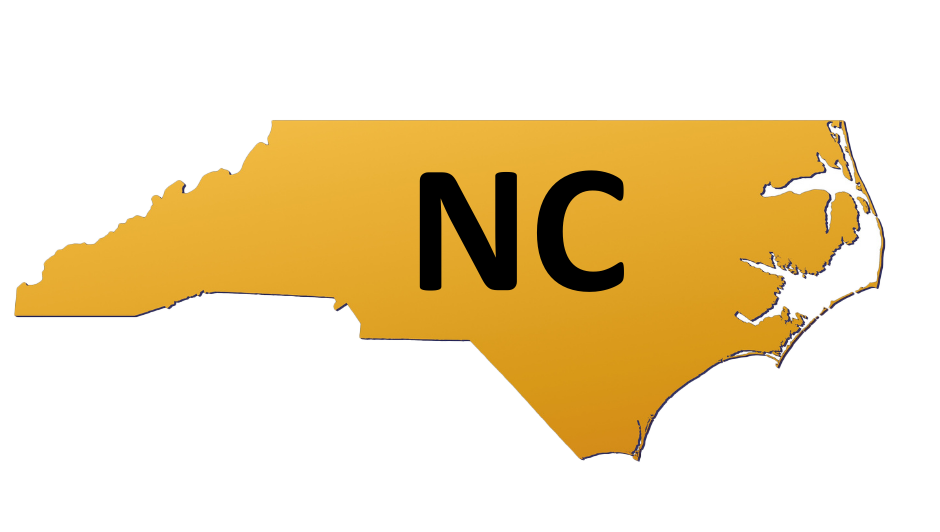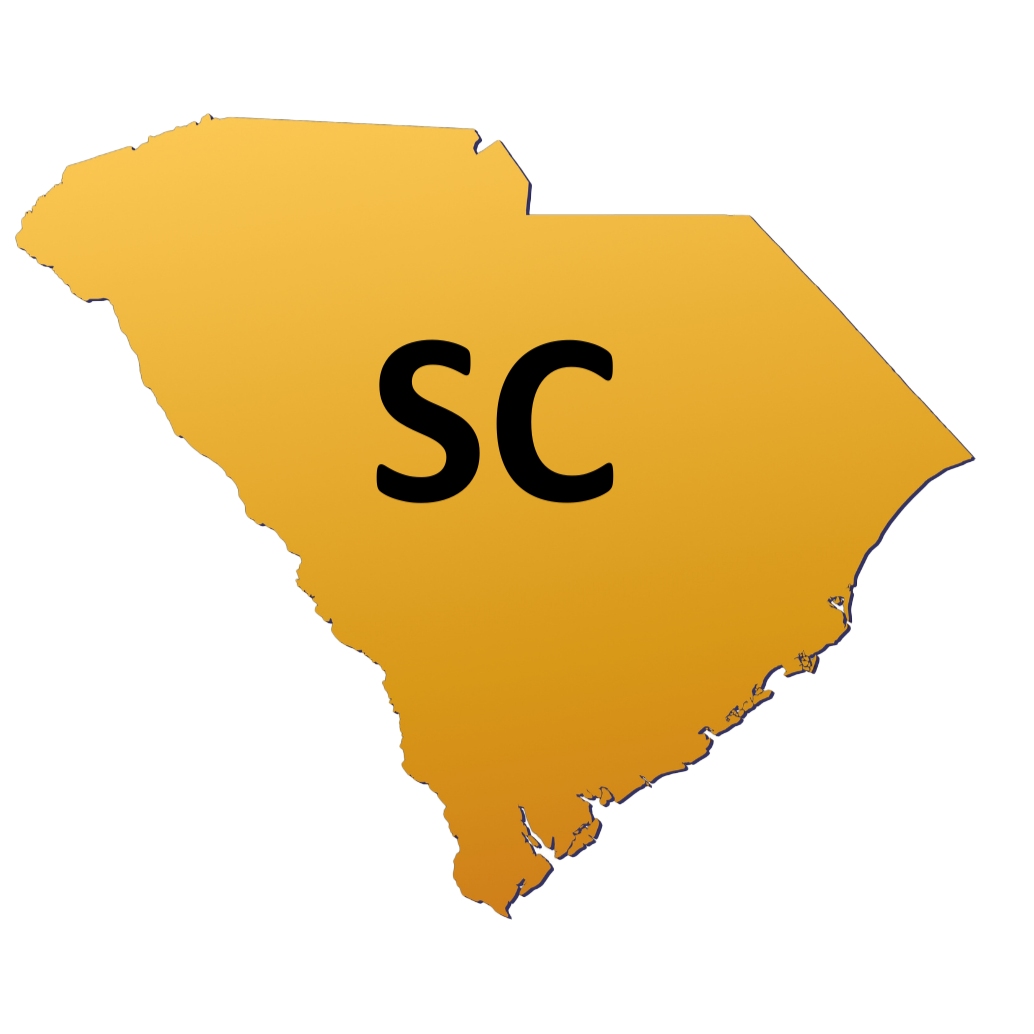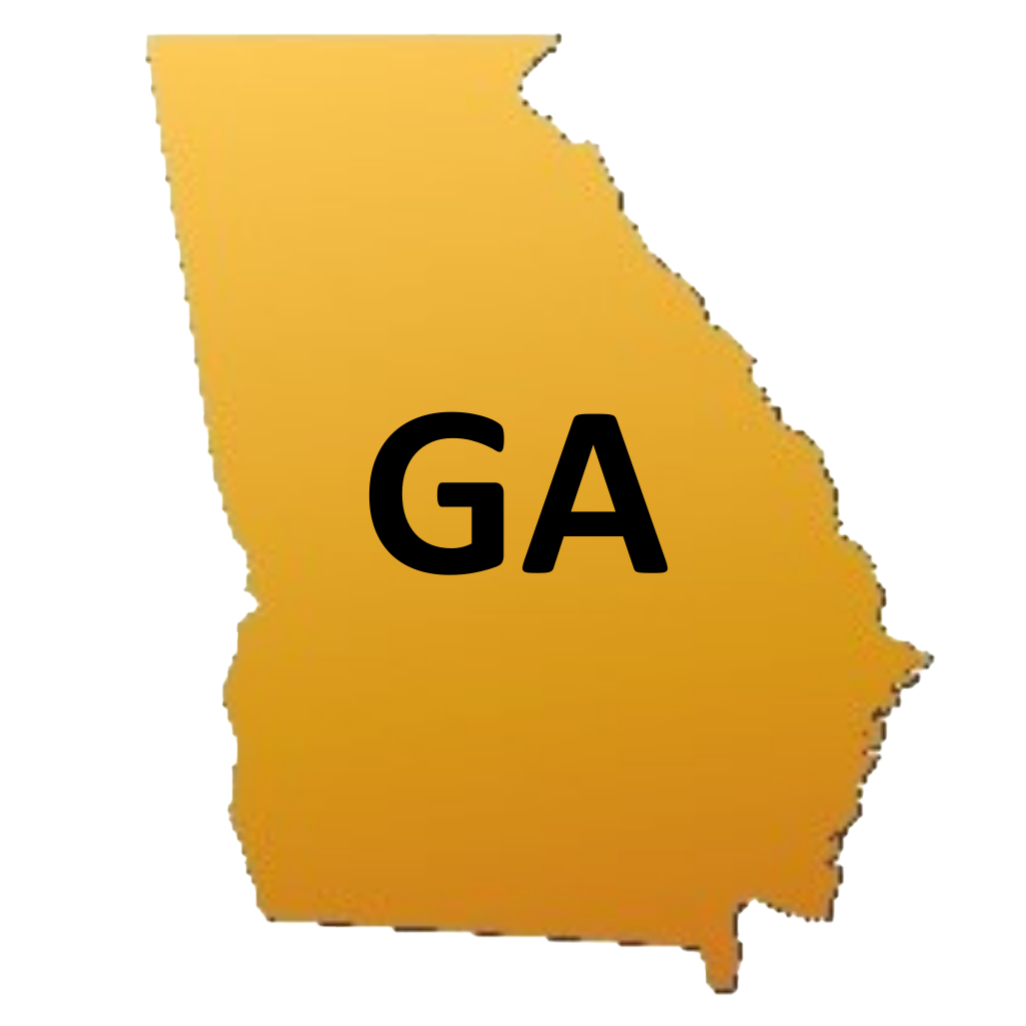Three States, One Goal: How Georgia, North Carolina, and South Carolina are Working to Improve Early Reading Achievement
In September 2018, American Public Media’s Emily Hanford published the documentary podcast Hard Words. The documentary described what a large body of research now known as “the science of reading” says about how young children learn to read and how these findings differed from the way reading was being taught in many schools. Many might say this documentary was the catalyst for a wave of changes to state early reading policies that followed. Author’s note: The documentary is a captivating listen/read, as are its 2019 and 2020 follow-ups, At a Loss for Words and What the Words Say.
According to EdWeek, by 2018 eight states had passed laws changing the requirements for teacher certification and training, curriculum, student identification for extra support, and/or the methods used to teach children to read in ways that better aligned with the science of reading (also known now as evidence-based reading instruction). In 2019 that number doubled. By August 2024, 39 states and Washington, D.C. had “passed laws or implemented new policies related to evidence-based reading instruction” (Schwartz, 2024).
“Science of Reading” Laws Passed by Year/State*
2013 – MS
2014 – SC
2015 – NV
2016 – MI, MS
2017 – AR
2018 – MO, NE
2019 – AL, CO, MD, NM, NV, OK, RI, WV
2020 – DC
2021 – AR, CA, CT, DE, FL, LA, MN, NC, ND, OK, PA, TN, TX
2022 – AK, AZ, KS, KY, MD, MO, UT, VA
2023 – CA, FL, GA, IL, IN, KS, KY, MN, MO, NC, NM, OH, OR, TX, VA, WI, WV
2024 – IA, MD, NJ, VT
*As reported by Education Week
State dyslexia policies, many of which pre-date new early literacy policies by several years, also played a big role in the development of new state reading policies. States that initially sought to identify and support students with characteristics of dyslexia often found that differentiating between those who might have characteristics of dyslexia and those who struggled for other reasons was extremely difficult in many schools because of the large percentage of children who were not proficient readers. Noted researcher Dr. Julie Washington has said of high-poverty schools, “In the face of a population where eight and a half out of ten are struggling with reading, who has a reading disability? The answer is, we have no idea” (Hanford, 2020).
The high percentage of students who were not reading at grade level by third grade suggested a need for broad changes to reading instruction, along with evidence-based support targeted at the specific skills children needed to strengthen. As it happened, state dyslexia policies ultimately revealed that we could do better for all students, not just those who might have characteristics of dyslexia.
Like other states, the three states supported by the Region 6 Comprehensive Center from 2019 to 2024—Georgia, North Carolina, and South Carolina—have been on multi-year policy journeys to improve early reading instruction and achievement for all children in their public schools.

North Carolina’s first iteration of the Excellent Public Schools Act, which established the state’s Read to Achieve program in 2013-14, required that schools screen K-3 students for reading difficulties and provide struggling readers with extra support. The law was updated in 2021, with changes including requirements that educator preparation programs (EPPs) include coursework grounded in the science of reading and pre-K-5 teachers complete training grounded in the science of reading. In June 2024, the last cohort from a total of more than 44,000 North Carolina teachers finished the two-year Language Essentials for Teachers of Reading and Spelling (LETRS®) science of reading training program. While it will take more time to see the full impact of improved educator knowledge on third grade reading achievement, North Carolina is already noting improvements to its students’ performance on the statewide early literacy assessment students take three times each year.
 Changes seeking to improve reading achievement in South Carolina began in 2014 with the Read to Succeed Act (Act 284). Much like in North Carolina, the early Read to Succeed law directed districts to assess students for reading difficulties and address areas of struggle. It also directed the state to strengthen pre-service and in-service teacher training for teaching reading. This was followed in 2018 by Act 213, which required districts to begin implementing multi-tiered systems of support (MTSS) and screening students for reading difficulties, including dyslexia. In 2024 Act 114 amended the Read to Succeed Act to align it with the science of reading. The new Act requires the state to approve up to five universal reading screeners for districts to screen K-5 students and strengthens requirements for intervention. It also requires that early childhood, elementary, and special education teacher candidates seeking certification pass “a rigorous test of scientifically based reading instruction and intervention and data-based decision making principles.” The state recently appropriated funding to provide LETRS® training to all K-3 teachers, and the last cohort of trainees began the two-year course in August 2024.
Changes seeking to improve reading achievement in South Carolina began in 2014 with the Read to Succeed Act (Act 284). Much like in North Carolina, the early Read to Succeed law directed districts to assess students for reading difficulties and address areas of struggle. It also directed the state to strengthen pre-service and in-service teacher training for teaching reading. This was followed in 2018 by Act 213, which required districts to begin implementing multi-tiered systems of support (MTSS) and screening students for reading difficulties, including dyslexia. In 2024 Act 114 amended the Read to Succeed Act to align it with the science of reading. The new Act requires the state to approve up to five universal reading screeners for districts to screen K-5 students and strengthens requirements for intervention. It also requires that early childhood, elementary, and special education teacher candidates seeking certification pass “a rigorous test of scientifically based reading instruction and intervention and data-based decision making principles.” The state recently appropriated funding to provide LETRS® training to all K-3 teachers, and the last cohort of trainees began the two-year course in August 2024.
 Georgia’s policy journey toward higher reading achievement began in 2019 with the passage of S.B. 48, the state’s dyslexia legislation, which established a pilot program for dyslexia screening and intervention and required that all K-3 students be screened for characteristics of dyslexia beginning in August 2024. Over the course of the three-year pilot program it became clear that dyslexia screening was part of a larger need to improve reading instruction and intervention. The Georgia Early Literacy Act (H.B. 538) was passed into law in 2023. Its requirements include universal reading screening for all K-3 students using an approved screening tool (which 2024’s S.B. 464 reduced to a maximum of five options, one of which the state must provide at no cost) and intervention for students identified as having “a significant reading deficiency.” The Georgia Early Literacy Act also included requirements for reading curricula, a strengthened teacher licensure exam, and teacher training for teaching reading.
Georgia’s policy journey toward higher reading achievement began in 2019 with the passage of S.B. 48, the state’s dyslexia legislation, which established a pilot program for dyslexia screening and intervention and required that all K-3 students be screened for characteristics of dyslexia beginning in August 2024. Over the course of the three-year pilot program it became clear that dyslexia screening was part of a larger need to improve reading instruction and intervention. The Georgia Early Literacy Act (H.B. 538) was passed into law in 2023. Its requirements include universal reading screening for all K-3 students using an approved screening tool (which 2024’s S.B. 464 reduced to a maximum of five options, one of which the state must provide at no cost) and intervention for students identified as having “a significant reading deficiency.” The Georgia Early Literacy Act also included requirements for reading curricula, a strengthened teacher licensure exam, and teacher training for teaching reading.
Now, at the start of the 2024-25 school year, all three states have robust efforts in place intended to improve early reading achievement. Their requirements are similar and feature screening for reading problems, intervention plans, approved reading curricula, teacher training and certification, and changes to course content for preservice teachers. Screening students for reading difficulties, including dyslexia, is important for identifying those who need extra support. But improving the foundational reading instruction students receive is the first and most important part of ensuring that children are able to develop strong reading skills. The states have laid out the requirements to make that happen.
Now it is up to educators to take hold of the opportunity to fill their teaching toolboxes with evidence- based tools and help more students than ever before learn to read proficiently. And it is up to educator preparation programs to take the task of training educators to teach reading well off the shoulders of districts by ensuring that teachers enter the classroom equipped with the knowledge and skills they need. Change is hard. But the children in our schools deserve the literacy skills needed to be prepared for college, careers, and successful lives.
References
Durrance, S., McColskey, W., & Williams, M., (2023). Georgia Dyslexia Pilot Program Implementation Analysis: 2022–2023: Year 3 of Implementation. Greensboro, NC: SERVE at UNC Greensboro.
https://region6cc.uncg.edu/wp-content/uploads/2023/11/GA-Implementation-Analysis-Brief-
2022-23_23_RC6_0020.pdf
Hanford, E. (2020, August 6). What the words say. American Public Media.
https://www.apmreports.org/episode/2020/08/06/what-the-words-say
Hanford, E. (2019, August 22). At a loss for words. American Public Media.
https://www.apmreports.org/episode/2019/08/22/whats-wrong-how-schools-teach-reading
Hanford, E. (2018, September 10). Hard words. American Public Media.
https://www.apmreports.org/episode/2018/09/10/hard-words-why-american-kids-arent-being-
taught-to-read
North Carolina Department of Public Instruction. (2024, August 1). Once again, NC’s K-3 students outperform national average on reading skills assessment. [Press Release].
https://www.dpi.nc.gov/news/press-releases/2024/08/01/once-again-ncs-k-3-students-
outperform-national-average-reading-skills-assessment
North Carolina Department of Public Instruction. (2024, June 4). Over 44,000 elementary educators
master science of reading professional development. [Press Release].
https://www.dpi.nc.gov/news/press-releases/2024/06/04/over-44000-elementary-educators-
master-science-reading-professional-development
Schwartz, S. (2022, July 20). Which states have passed ‘science of reading’ laws? What’s in them?
Education Week. Retrieved August 26, 2024 from https://www.edweek.org/teaching-
learning/which-states-have-passed-science-of-reading-laws-whats-in-them/2022/07
Post by: Samantha Durrance





